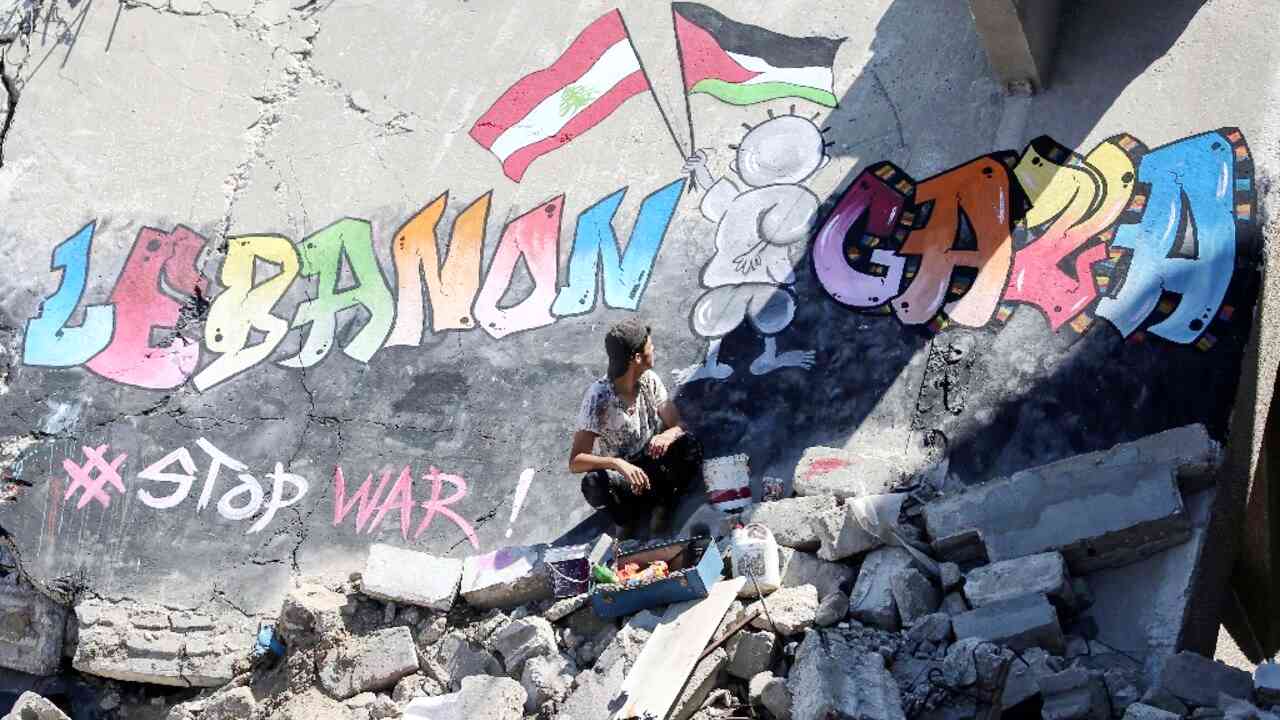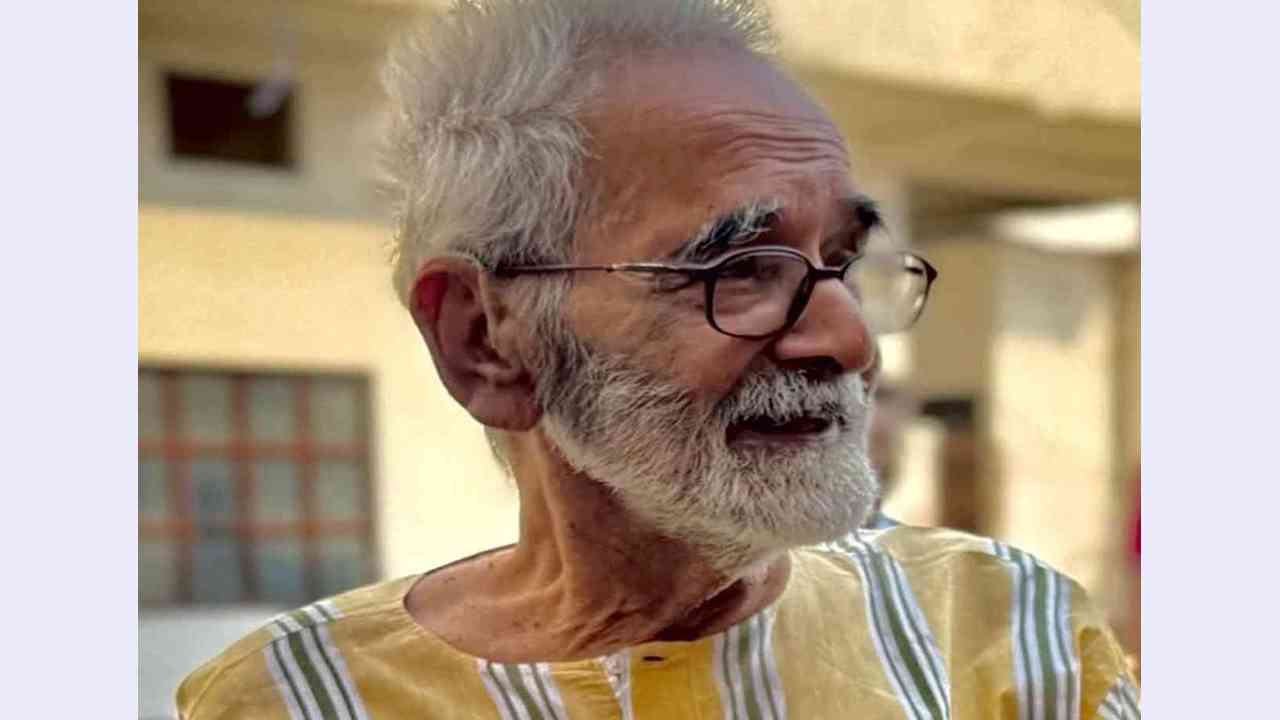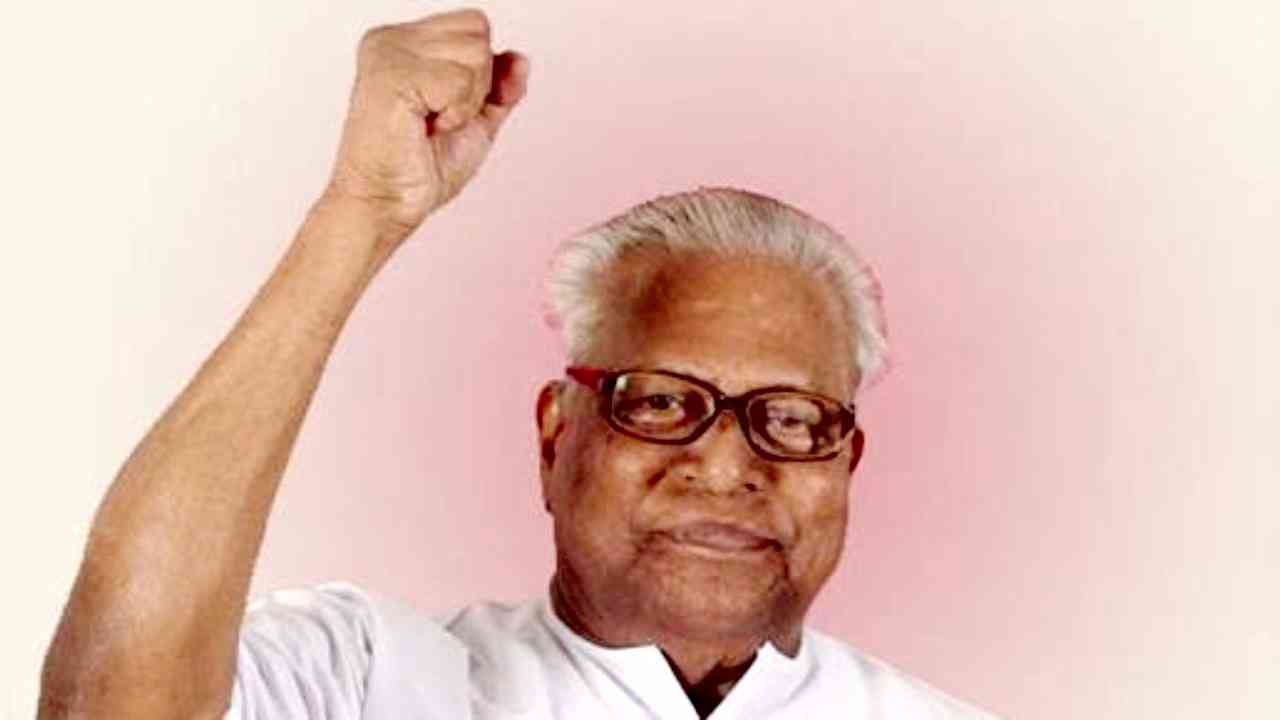As the Israeli genocidal war in Gaza intensifies, the world bears witness to a humanitarian catastrophe of unimaginable proportions. The Gaza Strip, one of the most densely populated areas on earth, has become the epicentre of destruction, where entire neighbourhoods have been levelled, families torn apart, and civilian life shattered. Amid the rubble and relentless bombardment, Gaza’s youth and children—who make up more than half the population—have become deliberate targets of Israel’s war machinery. In this article, Ahmad Abu Halima, Head of the Palestinian Democratic Youth Union (PDYU) in the Gaza Strip, offers a searing first-hand reflection on this grim reality. It is a testimony from a generation under siege, yet defiantly clinging to dignity, resistance, and hope. – Ed.]
When we write from Gaza, as we live through these harsh realities, we’re seized by a strange feeling—a loss of appetite for writing in the face of the hell surrounding us. And we’re haunted by a critical question: do our words even reach those with a conscience?Does the world really care about our cause?
The answer came when several youth and student organizations around the world requested translations of some articles I had written earlier, so they could help share our story and show their audiences the real Gaza.
In Gaza, where life itself becomes a test of survival, daily life no longer resembles anything we once knew or what anyone else might experience on this planet. War has become an everyday reality; fear, a constant companion; destruction, part of the natural landscape. With the continued bombardment and attacks, lives are lost and homes demolished—but the deadliest blow is unseen: the collapse of dreams, the fracturing of spirits, and the assassination of the future.
In the heart of this hell, Palestinian youth stand exposed before an uncertain fate, trying to cling to what remains of a dream—or even the faintest seed of hope, if it still exists.
Aspirations Stolen Away
This generation was meant to be the most ambitious, the most prepared to change reality. Gaza’s youth possess tremendous energy, bold ideas, and ambitions that stretch beyond borders. But the war has stolen more than the lives of their loved ones; it has also robbed them of their dreams and closed off the doors to the future.
Instead of investing in creativity and education, they now search for survival and for a single moment of calm in a sea of bloody noise.
The harsh details of daily life push young people to walk the razor’s edge of pain: their daily routines constantly threatened by bombardment, living with the knowledge that every morning could be their last, and that every moment of quiet could suddenly turn into a nightmare.
They spend hours trying to secure basic necessities rather than develop themselves, and the siege and destruction have made even going to work or stepping out for leisure nearly impossible.
Education: A Distant Dream
With schools and universities bombed, and with constant power and internet outages, education has become an unattainable luxury. Many universities can no longer receive students, libraries have turned to rubble, and many teachers have displaced or been killed.
Students look for alternatives that simply don’t exist, and some have been forced to abandon education altogether to look for a piece of bread.
Cultural Isolation and the Loss of Social Life
There are no playgrounds, youth centers, cultural events, or spaces to unwind. The absence of sports and recreation has left this generation, who should have been pursuing hobbies, living in suffocating isolation.
There are no gatherings with friends; shelling and displacement have scattered families and separated friends, wiping out the beautiful moments.
The warmth of sitting together has disappeared, and phones and Facebook have become the only outlet—if the internet is available, which it often isn’t.
Hunger and malnutrition
With farmland destroyed and a crippling economic blockade, food quality has plummeted.
Youth now rely on limited, nutritionally unbalanced food aid—and with border crossings closed, even this aid has stopped arriving. As a result, a person’s daily portion has shrunk to a single, insufficient meal.
Chronic hunger has spread, and many go to bed without enough food. This hunger is not just a physical need—it deepens the sense of humiliation and deprivation.
Psychological Depression and Loss of Prospects
Depression has become common among young people, along with feelings of helplessness and futility. In the absence of work and education opportunities, youth are left in an existential vacuum.
With no mental health support, no specialized institutions, and no psychological aid campaigns, the overwhelming internal pressure makes them feel as if they’re fighting a daily battle inside themselves.
Hope and Joy: Resistance
Yet despite everything, we still hold on to hope. Young people write messages of love and peace on the walls of destroyed homes. Small youth initiatives are quietly emerging in hidden corners, even amid ongoing shelling. There remains a deep determination to learn, create, and express themselves online—even if the world isn't listening.
Gaza’s youth are not waiting for someone to give them life—they are creating it amid the ruins. Their small joys—a photo on Instagram, a joke among friends, reading a book by candlelight—are victories over the machinery of war. These young people are not just fighting to stay alive, but so their dreams won’t be erased and their voices won’t be forgotten.





